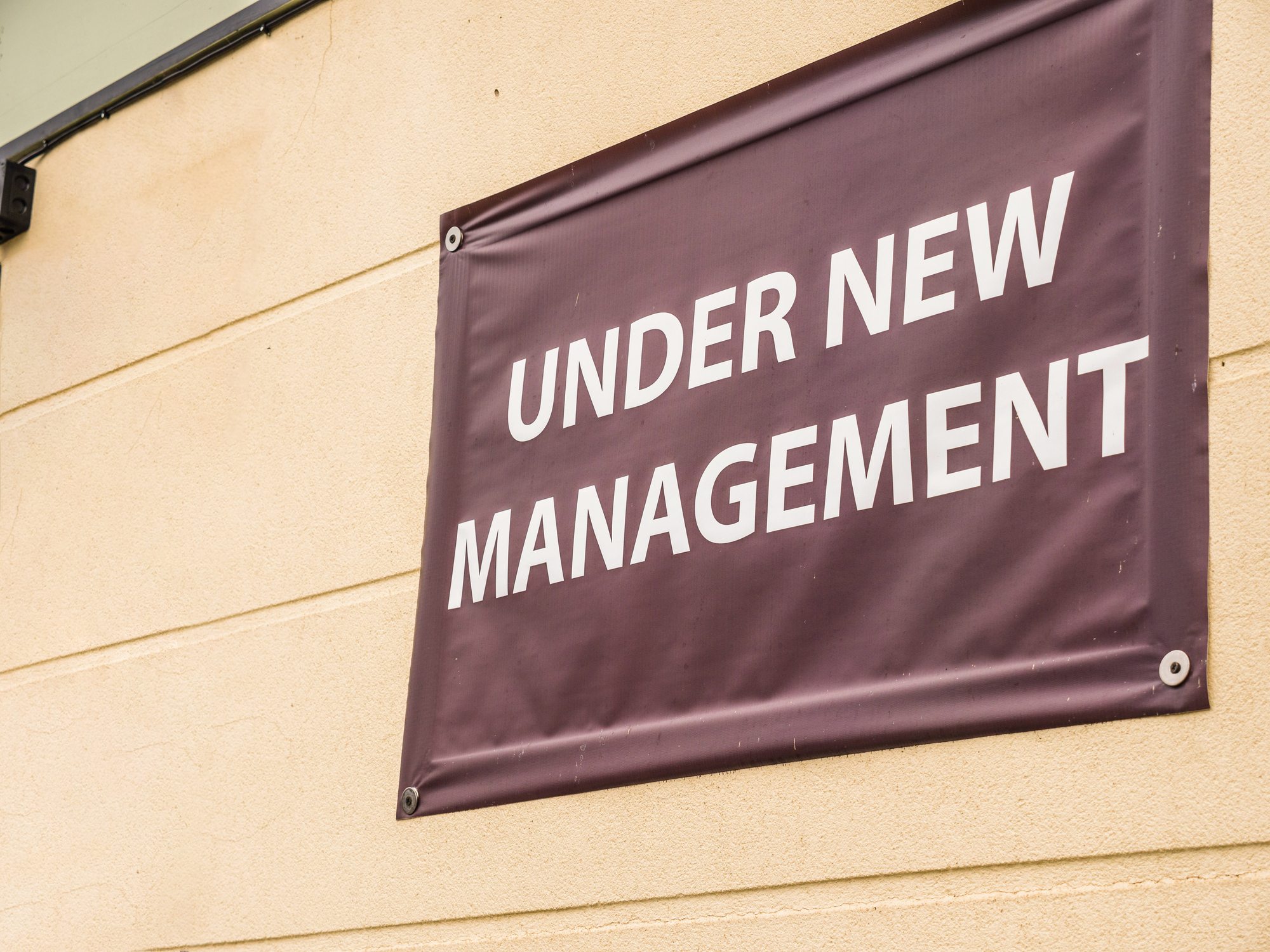
In 2018, the United States Supreme Court struck down a 1992 federal law that prohibited states, except for Nevada, from authorizing sports gambling. Since then, lawmakers in numerous states have introduced sports betting legalization legislation in their states. Over a dozen states have since legalized sports betting, while others hope 2021 is the year to get sports betting legislation across the finish line.
New York: Online Sports Betting Legalization
While the Empire State allows sports betting, it does not allow online sports betting. Fourteen states currently allow online sports wagering. Governor Andrew Cuomo announced that he was on board with New York joining those states during his state of the state address in early January. Cuomo noted that New York’s bordering states, New Jersey and Pennsylvania, allow online sports betting. The Governor pointed to a study’s findings that nearly 20% of New Jersey’s sports wagering revenue comes from New York residents, costing the state millions in lost tax revenue. Cuomo noted the state could use the revenue to help rebound from the pandemic.
Two bills are already pending in the state legislature to legalize mobile sports betting: S01183 and A01257. The bills require casinos to pay a state tax of 8.5% of gross sports wagering revenue, not including mobile sports wagering revenue, subject to a 12% tax on gross revenue from online sports wagers. The bills also require that upon licensure, an authorized agent must pay a one-time fee of $12 million within 30 days of gaming commission approval.
Fiscal notes for the bills project $79 million in annual revenue, in addition to a one-time increase in revenue of $84 million in licensing fees from operators.
South Carolina: Constitutional Amendment & Study
South Carolina lawmakers recently introduced two similar resolutions, H 3395 and S 0098. Both measures propose to amend the state constitution to allow gambling and gaming activities, including sports betting on professional sports.
Some South Carolina lawmakers hope to take a more in-depth look at sports wagering before authorizing it. Senate Joint Resolution 67 was introduced in mid-January and would create the “Gambling Study Committee.” The resolution would task the Committee with examining issues related to regulating gambling. The resolution noted legalized gambling could generate additional revenue for the state, create jobs, and expand economic growth. The measure argued that there should be a comprehensive analysis of the costs and benefits legalized gambling would provide.
SJR 67 requires the Committee to review:
- the social and financial costs and benefits of various forms of gambling (i.e., casinos, slots, table games, horse and dog racing, sports betting, and internet gaming);
- the financial viability of the various forms of gambling;
- the percentage of each dollar wagered in a gambling system likely to be remitted to the gambling system’s administration, prizes, and retailers, and to the state; and
- the frequency, location, and licensing requirements associated with the right to offer or participate in gambling in South Carolina.
Under SJR 67, the Committee must submit a report to the General Assembly by January 31, 2022.
Texas: Sports Betting Legalization
In the Texas legislature, lawmakers recently introduced HJR 68, which proposes a constitutional amendment authorizing the legislature to legalize wagering on professional and collegiate sporting events in Texas. The enabling legislation for HJR 68, HB 1121, was introduced in mid-January.
HB 1121 lays out the process for applying for a sports betting operation permit and requires a fee of $250,000 to accompany the application. The bill further creates an Executive Director position, who cannot issue permits for more than five sports betting operations to operate at any time. A sports betting operation permit would last for three years. A permit holder must renew their application, which comes with a renewal fee of $200,000.
HB 1121 imposes a 6.25% tax, collected by a permit holder on each sports bettor’s bet when placed.
The bill also prohibits the following from placing sports wagers:
- A member, officer, or employee of the commission or the department;
- A sports betting operation permit holder or an officer, director, or employee of a permit holder;
- An officer, director, or employee of any entity working directly on a contract relating to sports betting with the department; or
- A competitor, coach, trainer, employee, or owner of a team in a sports event, or any referee for a sports event, and the actor places the sports bet on that event.
According to the bill, anyone violating the above prohibitions commits a Class A misdemeanor offense.
HB 1121 would take effect January 1, 2022, only if voters approve the constitutional amendment (HJR 68) allowing lawmakers to legalize sports betting.
New Hampshire: Local Options
New Hampshire allows sports betting but prohibits betting on New Hampshire’s in-state colleges. Further, the state’s lottery handles regulatory oversight of sports betting. Two pieces of sports betting legislation introduced this session would change New Hampshire’s sports betting laws.
HB 181 relates to the local option for the operation of sportsbook retail locations. Specifically, the bill would allow a vote to accept sportsbook retail locations by a city at the state primary election. If voters reject the question, voters could consider it at the next annual town meeting or regular municipal election. Further, a city with biennial elections could vote on the question in the state’s primary election.
HB 330 was also recently introduced and would allow tier-II sports wagers and remove the limit on the number of operations sportsbook locations. Current law states no more than ten sportsbook retail locations may be in operation at any given time.
Maryland: Voters Approved in 2020
Sports betting legalization was a topic for Maryland lawmakers in 2020, first with Senate Bill 4 and then with a ballot referendum. Maryland voters approved a ballot referendum in November allowing sports betting, with 67% in favor and 32% opposed. The question specifically asked: Do you approve the expansion of commercial gaming in the State of Maryland to authorize sports and events betting for the primary purpose of raising revenue for education?
However, lawmakers must now introduce and pass sports betting legislation laying out how sports betting will function (i.e., criteria for obtaining a sports betting license). One state lawmaker hopes to have sports betting up and running by summer 2021. Maryland State Senator Craig Zucker pointed to a study’s finding that sports betting could generate $20–40 million annually for Maryland’s Education Trust Fund.
Latest News
Photo credit: iStock.com/Funtap As cryptocurrency continues to shape global financial systems, U.S. states are increasingly introducing legislation to regulate its use. From allowing payments in digital currencies to banning cryptocurrency ATMs, state governments are focusing [...]
Photo credit: iStock.com/yevtony Last week, the National Governors Association (NGA) elected Utah Governor Spencer Cox (R) as its new Chair and Colorado Governor Jared Polis (D) as NGA Vice Chair. Cox succeeds New Jersey Governor [...]
Photo credit: iStock.com/TU IS New Hampshire Executive Order Background In February 2022, New Hampshire Governor Chris Sununu (R) issued Executive Order 2022-1, establishing the Governor’s Commission on Cryptocurrencies and Digital Assets. The order noted that [...]
Photo credit: iStock.com/Andrii Dodonov As we discussed previously, on August 24, 2022, President Joe Biden announced a sweeping package of federal student loan relief that forgives as much as $20,000 in loans, a move Biden said would [...]






Stay In Touch